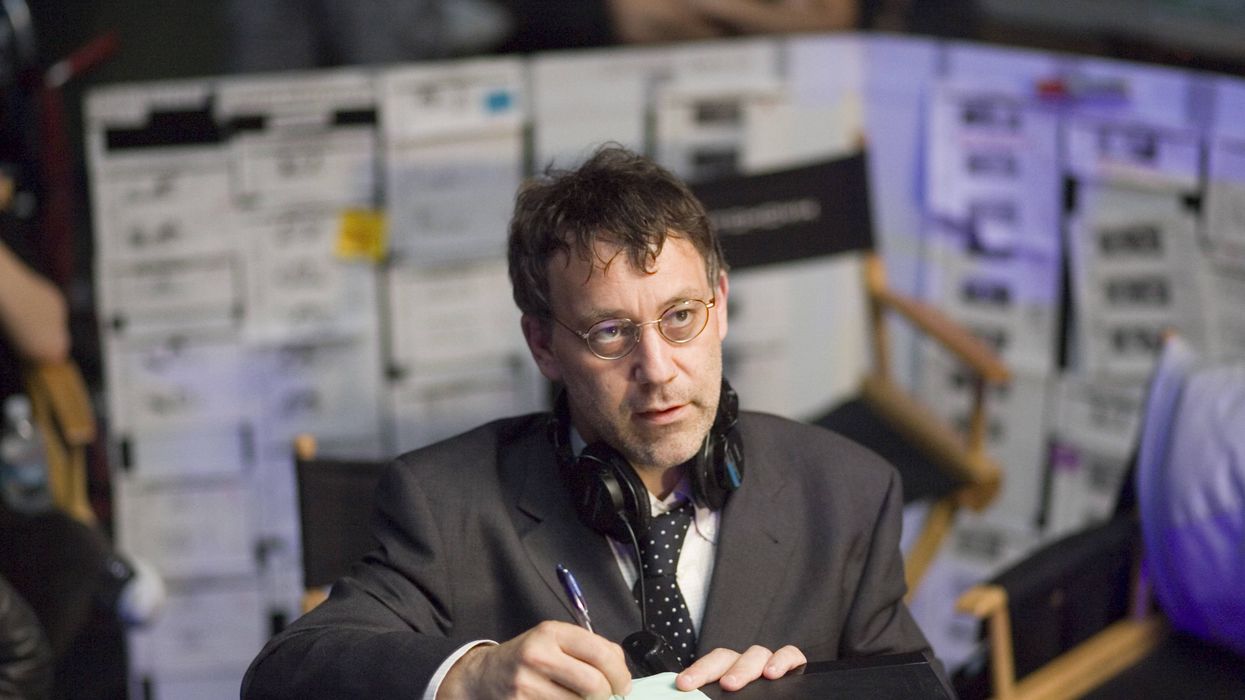10 Filmmaking Tips from Sam Raimi
Sam Raimi has been telling amazing stories at every level for a long time.

If you know me, then you've heard me say thousands of times that Sam Raimi's Spider-Man 2 is the greatest superhero movie of all time. I think it's the perfect distillation of what it means to carry the burden of power and responsibility thrust upon the people that exist in the genre.
And a movie like that cannot exist without a director who is at the top of their game.
Raimi came from independent cinema. He scared us with The Evil Dead franchise and wowed us with his inventive camera moves and the heart he put in every story. There's so much to glean from someone like this in terms of directing, writing, and filmmaking tips.
Check out this video from Outstanding Screenplays and let's go from there.
10 Filmmaking Tips from Sami Raimi
1. People are interested in the stories of people.
Your characters need to feel easily identifiable and have a pulse. They should have individual wants and desires. Ones that the audience can pick out and root for or against.
2. Sometimes, the audience can create something scarier in their mind than what you could’ve shown them, and sometimes you can show them something much scarier than what they could have ever imagined.
Not everything has to appear on screen. Sometimes just showing reactions and cutting away can be bad.
Raimi is the master of low budget, so think about saving money by not showing the nemesis or results.
3. Know the rules of your genre.
Genre is especially important in storytelling. The rules are what the audience expects with tropes. Know how to surprise them and how to bend them to reinvent the wheel.
4. Try not to take a step back from reality when dealing with an unrealistic concept for a movie. Keep it as real as possible.
You've heard the term "grounded" before. It means making the stakes feel "real world."
No matter how big or bonkers, grounded stories always feel like they belong in our world. They are easier for people to embrace because they feel like they're accessible.
5. Write and direct low-budget short films every week and see how an audience will respond to it.
In the age of camera phones, there's no excuse not to crank out films. You only get better with practice. It doesn't have to cost a lot of money, it has to just happen. You're going to level up by just trying and failing. The more you try, the fewer failures mount up.
6. Create sympathetic villains.
We should understand why each character acts the way they do, even the villains.
Think about how Doc Ock in Spider-Man 2 tries to finish the experiment that killed his wife so she doesn't die in vain. Think about his actions when his mind is fused with his robotic arms. We have to understand villains to really get the stakes of the story.
7. Delve into the unknown, and delve into what scares you.
You've heard "write what you know," but I think it's more important to "write what you're interested in." Delve into the unknown. Scare yourself with how much of your soul you put in front of people.
8. To make it scary, don’t exaggerate. Base it around a set of circumstances that could really happen.
This goes back to the lesson on grounding your ideas. The scariest things are the ones that feel like they could really happen. The ones that seem to bubble over and invade the world we're used to seeing. What scares you? What real-life events can you adapt?
9. Take on a big challenge even when you don’t think you’re ready.
One thing I've been doing is trying to write a new genre once a year. I think you should, too. It actually makes writing super fun again, because you force yourself to learn the skills you honed on other genres here. You are ready to try something, just go do it.
10. Give your character tough choices to make.
Every choice has to be excruciating for these characters. It makes the audience waver and feels as well. The tougher the choice, the more invested we get in the story.
Source: Outstanding Screenplays











